Posted on 10/1/2024
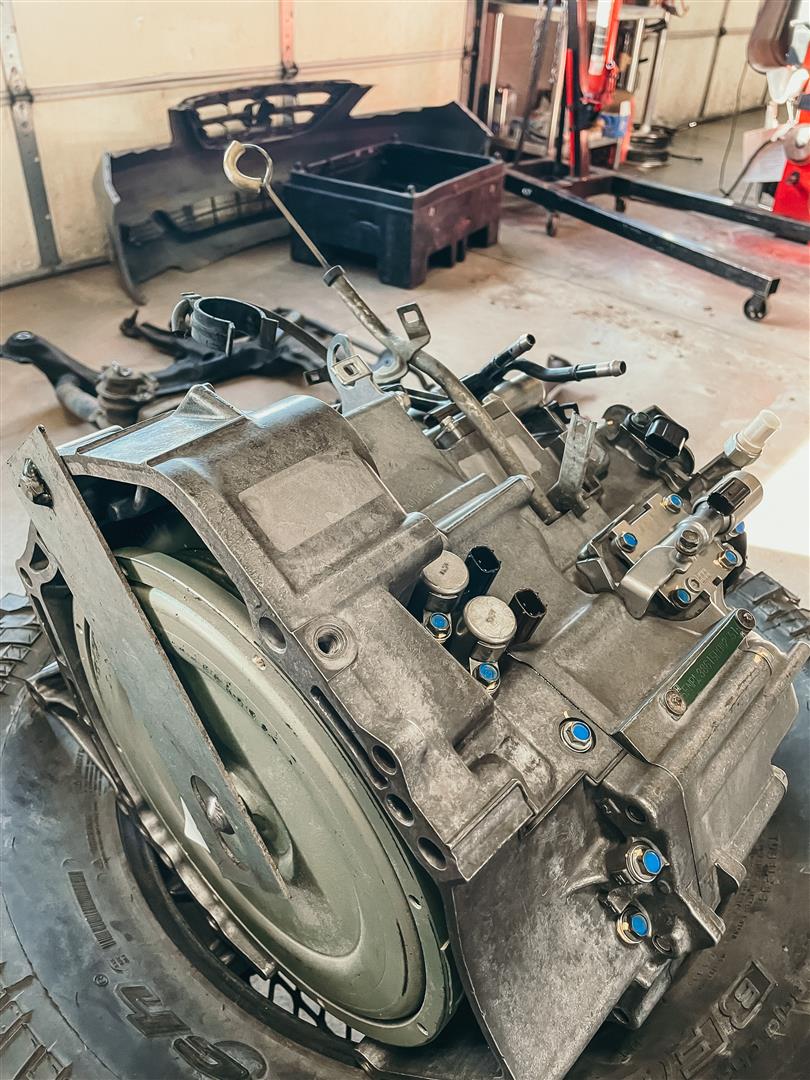
When it comes to vehicle maintenance, one of the most overlooked services is transmission fluid replacement. While many car owners focus on oil changes, tire rotations, and brake checks, they may not realize that regularly servicing transmission fluid is just as crucial. Your vehicle’s transmission system is responsible for ensuring smooth gear shifts and efficient power transfer to the wheels. Keeping it well-maintained can prevent serious issues down the road. Let’s explore the key benefits of servicing your transmission fluid: 1. Extended Transmission LifespanTransmission fluid is the lifeblood of your car’s transmission system. Over time, the fluid can become contaminated with dirt, debris, and metal particles from the gears. These impurities cause wear and te ... read more
Posted on 9/24/2024
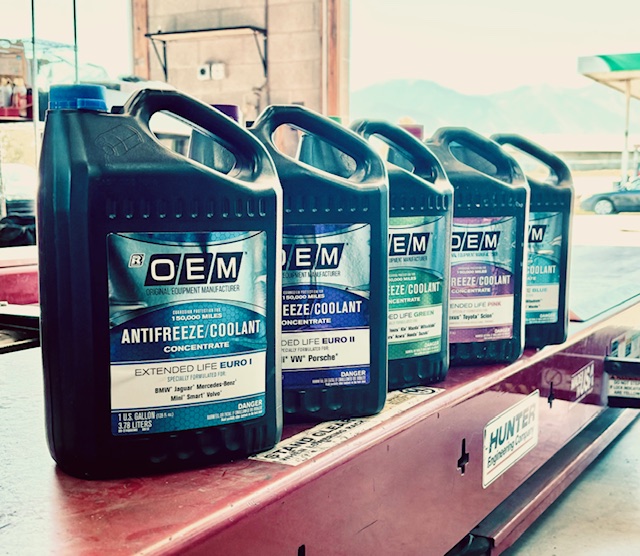
Your vehicle is in the shop for routine maintenance, and the technician recommends a Coolant System Exchange. You might wonder, "Is this really necessary?" The answer is yes! At Dickerson Automotive, we, like most trusted repair shops, follow a general rule: a coolant exchange should be done every 5 years or 100,000 miles, whichever comes first. Here's why it's so important. Over time, the anti-freeze in your vehicle becomes more acidic and begins to lose its rust-inhibiting properties. This can lead to corrosion and rust buildup inside the cooling system, which puts critical components like the radiator, water pump, and thermostat at risk of failure. Left unchecked, these issues can cause your vehicle to overheat, potentially leading to costly repairs or breakdowns. Performing a coolant system exchange ensures that these components ... read more
Posted on 9/4/2024
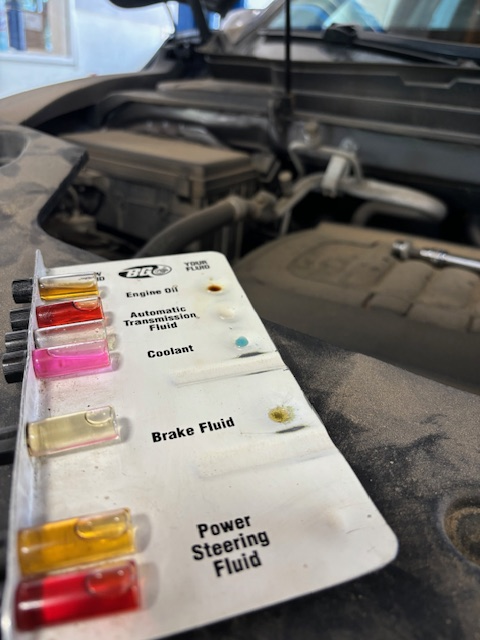
When your repair shop recommends fluid exchanges for your vehicle, you might wonder, "What does that really mean?" Most of us are familiar with regular oil changes, but did you know your vehicle actually relies on up to seven different fluids to keep all its components running smoothly? Let’s dive into what these fluids do and why maintaining them is crucial for your vehicle’s longevity. The Essential Fluids in Your Vehicle Aside from engine oil, your vehicle has several other fluids that play vital roles: Transmission Fluid: This fluid keeps your transmission system cool and lubricated, ensuring smooth gear shifts and prolonging the life of the transmission components. Coolant (Antifreeze): Coolant regulates the engine’s temperature, preventing overheating and freezing in extreme temperatures. It also protects the engine’s internal components from corrosion. Brake Fluid: Essentia ... read more
Posted on 5/19/2023
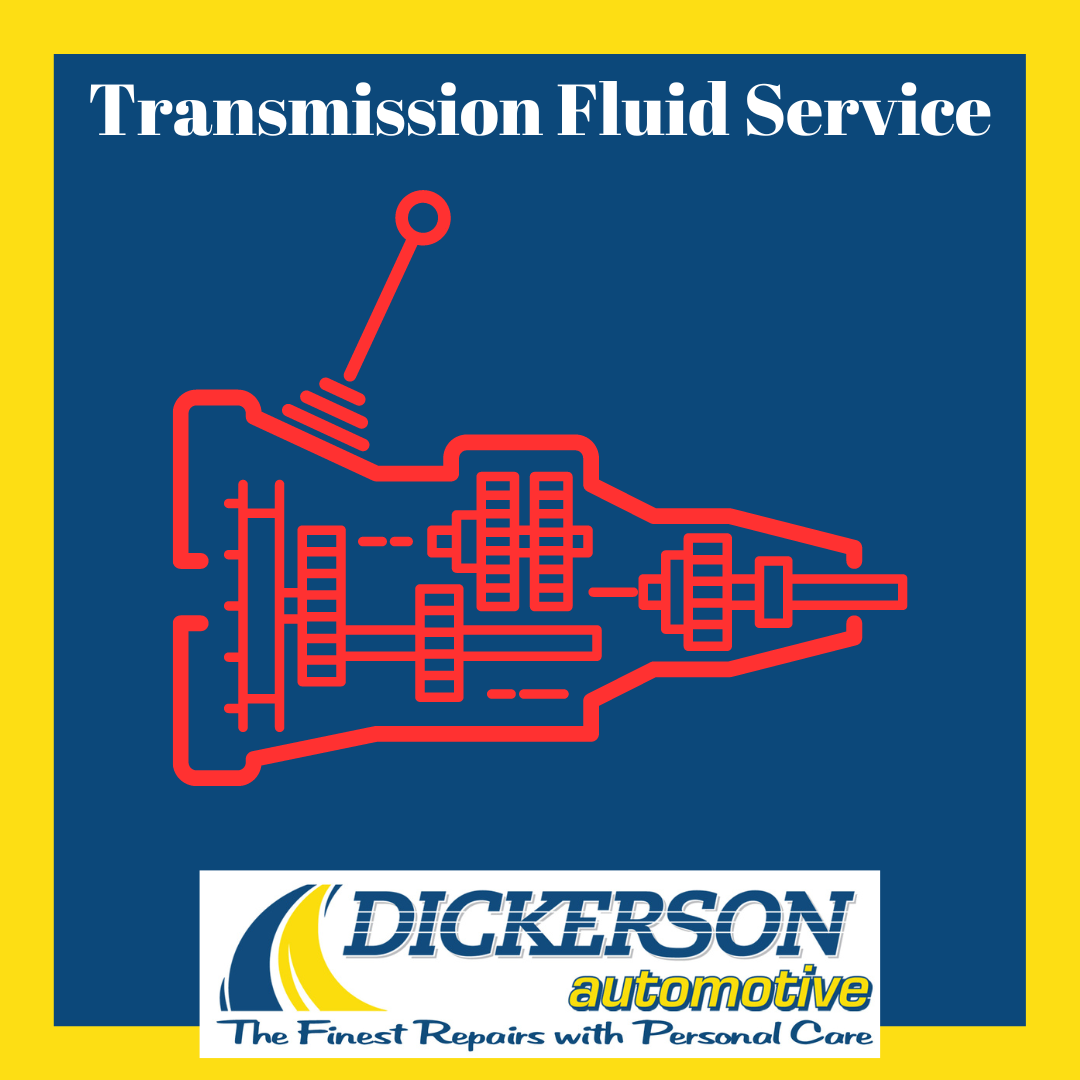
What Is A Transmission Fluid Filter Service? Transmissions are easily one of the most overlooked services that we do. Transmissions and the fluid inside them is just as important as engine oil, after all transmission fluid is just like oil. Each transmission is different and also has different service intervals. Transmission services are generally recommended between 30,000 to 50,000 miles. Dickerson Automotive recommends servicing transmission fluid every 30,000 miles to get the maximum life out of the transmission. There are multiple ways to service a transmission from a fluid exchange, drain and refill, or filter and fluid service. Today were going to talk about how we service transmissions by changing the filter and the fluid inside the transmission pan. Why Is Transmission Fluid So Important? Transmission fluid works just like engine oil does except its for the internal parts of the transmission. Automatic transmission fluid contains many cleaners as well as lubricants. The det ... read more
Posted on 2/2/2023
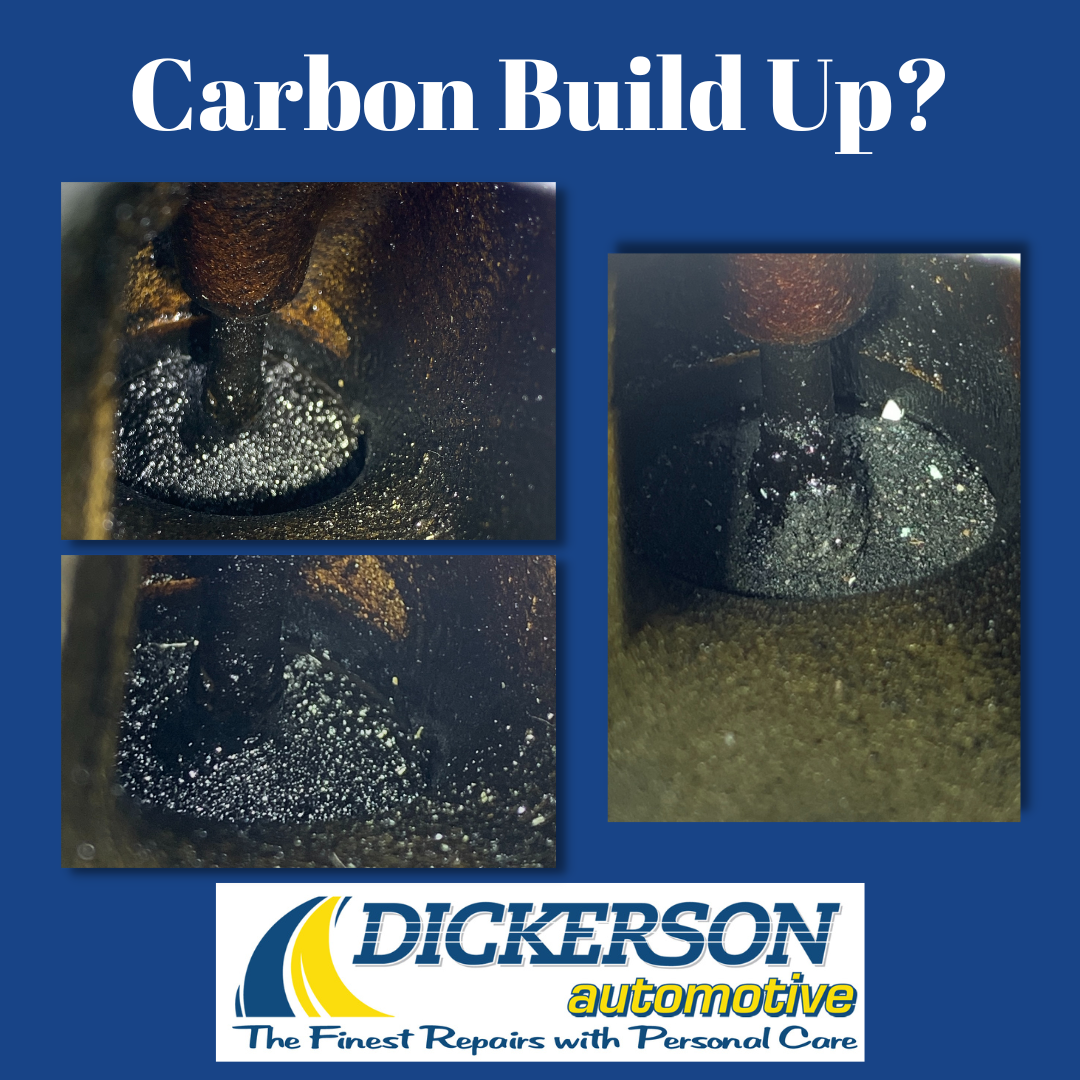
What is carbon build up? In order to understand where carbon comes from a quick explanation of how an internal combustion engine functions is helpful. Vehicles use air, fuel, and spark to create the boom effect inside the engine. Air is sucked into the air intake manifold by the engine and inside this intake manifold contains fuel injectors that spray fuel into the manifold, the fuel then mixes with the air and is delivered to the combustion chamber through the intake valve, this process is called port injection. Carbon is a by-product of the internal combustion engine and is ultimately unavoidable. Carbon build up happens when fuel in the combustion chamber is not fully burned and leaves a dark sticky residue on the surface it comes into contact with. On older vehicles the carbon build up was not as prominent as it is in newer models. This is because the fuel is delivered within the air intake system, as the fuel runs down the intake valve and is delivered into the ... read more